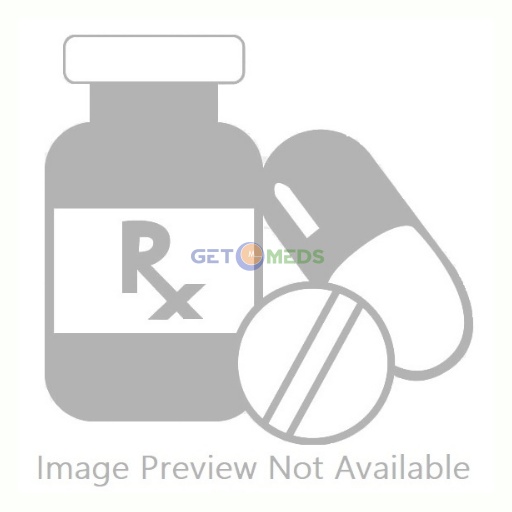-
Vomilyde Oral Solution Pineapple (Rs.39.38)
Composition: Ondansetron (2mg/5ml)
-
Ventto 2mg/5ml Syrup (Rs.33.75)
Composition: Ondansetron (2mg/5ml)
-
Dolstan Oral Suspension Delicious Mango (Rs.32.81)
Composition: Ondansetron (2mg/5ml)
-
Dovion 2mg Syrup (Rs.30.66)
Composition: Ondansetron (2mg/5ml)
-
Denexy 2mg Oral Drops (Rs.34.69)
Composition: Ondansetron (2mg/5ml)
-
Vonaril Syrup (Rs.39.38)
Composition: Ondansetron (2mg/5ml)
-
Dizimust 2mg Oral Drops (Rs.33.28)
Composition: Ondansetron (2mg/5ml)
-
Fayon 2mg Oral Drops (Rs.30)
Composition: Ondansetron (2mg/5ml)
-
Dioset Syrup (Rs.31.88)
Composition: Ondansetron (2mg/5ml)
All Details About Eminish Syrup
Find out detailed description, uses, directions of use, side effects, warnings and precautions, frequently asked questions about Eminish Syrup
Description:
Eminish Syrup is a medicine given to children to help treat nausea and vomiting. It is mainly given to treat nausea and vomiting associated with surgery, chemotherapy, radiotherapy, and stomach/intestinal infection. It also helps treat vomiting that is caused as a side effect of medicines like painkillers.Eminish Syrup may be given before or after meals. To control vomiting caused due to chemotherapy, give this medicine to your child 30 minutes before the procedure. Donate it 1 to 2 hours before a radiotherapy session and 1 hour before surgery to prevent your child from vomiting post these procedures. If your child expels out the medicine within 30 minutes of the intake, help your child calm down and repeat the dose. Do not double dose if it is already time for the next dose.
Eminish Syrup may cause some temporary side effects such as headache, constipation, diarrhea, and fatigue. These side effects usually subside once your child’s body adapts to the medicine. In case these side effects persist or become bothersome, do reach out to the doctor on a priority basis.
Let the doctor know about all the medicines your child is taking, including painkillers, antibiotics, or medicines taken to treat depression. Also, inform the doctor if your child has a history of liver problems, kidney malfunction, blockage in the gastrointestinal tract, heart problems, or allergies to any medicine, its ingredients, or a food product. This information is very important for dose alterations and for planning your child’s overall treatment.
Directions For Use:
Take this medicine in the dose and duration as advised by your doctor. Check the label for directions before use. Measure it with a measuring cup and take it by mouth. Shake well before use. Eminish Syrup may be taken with or without food, but it is better to take it at a fixed time.Side Effects:
Eminish Syrup does not pose serious side effects and is well-tolerated by children. In case the side effects do occur, they’re likely to subside once the body adapts to the medicine. Consult your child’s doctor if these side effects persist or bother your child. The most common side effects include-Ordinary side effects of Eminish
- Constipation
- Diarrhea
- Chubbyigue
- Headache
Warning & Precautions:
In severe liver disease, do not exceed the prescribed dose and consult your child’s doctor.
FAQs:
What is Eminish Syrup used for?
What if my child takes too much Eminish Syrup?
How should Eminish Syrup be stored?
Can other medicines be given at the same time as Eminish Syrup?
In what conditions do I need to call my child’s doctor right away?
My child is having a migraine and is on medication. Can I give Eminish Syrup along with it?
Written by:
Dr. Lokanish
M.B.B.S.
Reviewed by:
Dr. Sureshbabu Yadav
M.B.B.S., DIP.DIAB, F.R.S.H
Disclaimer:
Getomeds primary intention is to ensure that its consumers get information that is reviewed by experts, accurate, and trustworthy. The information and contents of this website are for informational purposes only. They are not intended to be a substitute for professional medical advice, diagnosis, or treatment. Please seek the advice of your doctor and discuss all of your concerns about any disease or medication. Do not disregard or postpone seeking professional medical advice because of something you read on Getomeds. Our mission is to support, not replace, the doctor-patient relationship.
